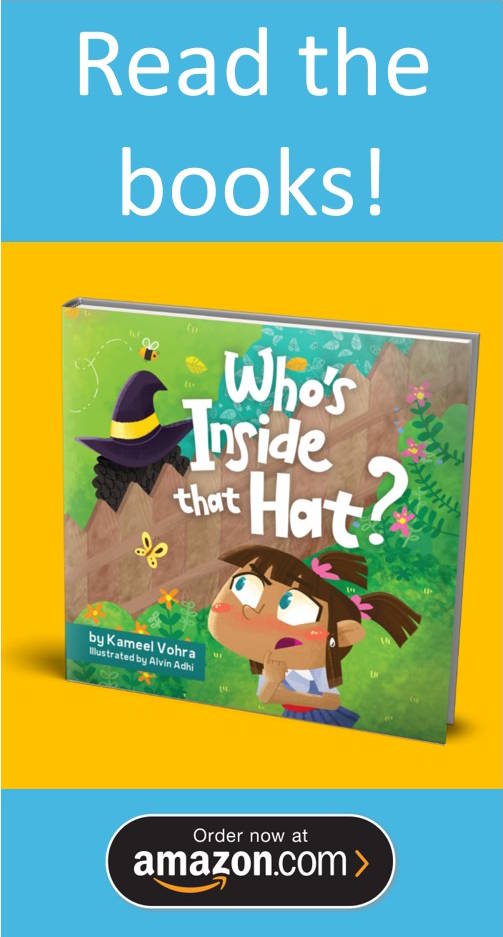Research has shown the impact of reading during early childhood development on improving comprehension and critical thinking. But what are the other benefits of reading that we should be thinking of? What about reading as a way to improve children’s emotional intelligence and empathy?
Reading improves children’s emotional intelligence
Reading can help children build emotional intelligence. An increasingly valuable skill in a fast-moving world. Skills such as critical thinking and social skills have become more important than traditional knowledge – that’s what Google is for – and teaching theory has shifted to incorporate that.
So, how can we build emotional intelligence? One great way is through books. Children’s books are a crucial factor in helping children build empathy and thus emotional intelligence. Are all books equal for the task? Not really. Literature that has diverse characters is better.
What is diverse literature?
Diverse literature is literature that has displaying diversity as one of its’ core beliefs. It aims to show characters that are traditionally under-represented, in roles and situations that are true to life. In a genre dominated by white characters, it can be difficult for children to relate to them and their experiences. By creating characters that children can relate to, they can see their own lives reflected.
Diversity is more important than ever
As we discussed in a previous post, diverse children’s books are severely lacking. It’s critical to change that to fight stereotypes and create social awareness amongst children.
Most teachers agree that reading in the early childhood phase can help with oral development, reading skill, and comprehension. They also agree that books can help develop social skills and understanding. Yet, most teachers were either unaware or uncertain about the importance of having diversity in the books they used. Research by Adam, H., Barratt-Pugh, C. & Haig, Y. (2019) shows that it is easier to identify with characters that are more representative of their own cultures and families.
Characters children can resonate with
While research talks about how reading can improve academic skills and empathy – what they don’t often address is representation. Having characters that your child or student can identify with can be very powerful – a mirror where they can see parts of their own lives reflected. Researchers and educators in Australia have made this push for diversity because it allows children to explore ideas that reflect their own cultures and the wider world.
Children want to see characters that they can relate to. Reading can help children work through emotional issues and come to a better understanding of themselves. A character that they can connect to makes the impact of that stronger.
Characters children can empathise with
It is also powerful to show characters and cultures that children are not familiar with. This can help build understanding and tolerance of people who seem different from them. We live in a world where emotional intelligence and social awareness are something that every child needs to learn. A generation lacking these two things can lead to serious repercussions not only for the child but also the world we live in.
By recognising cultures, people and situations that a child is not familiar with we create acceptance. For example, a book that has a main character with two dads destigmatizes it and can also make children with a similar situation feel more accepted
We need to have books that have diverse and dynamic characters
Diverse literature is essential because it enables children to see themselves represented; and be exposed to situations outside of what they know. Reading books with diverse characters and situations in them leads to children with a better social awareness of the world. It helps create children who are understanding, tolerant and that respect differences in colour, gender, race and culture. Building their emotional intelligence and empathetic capabilities.


